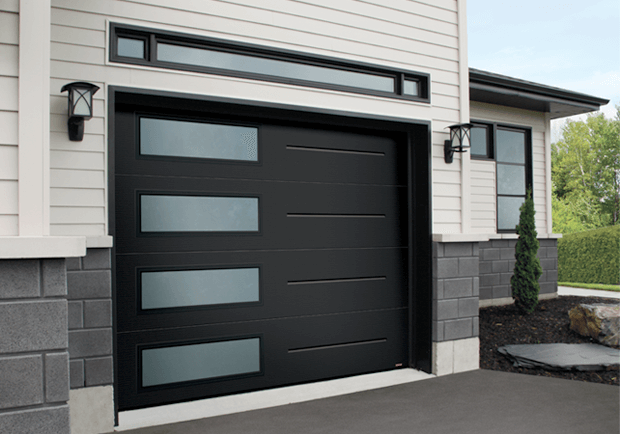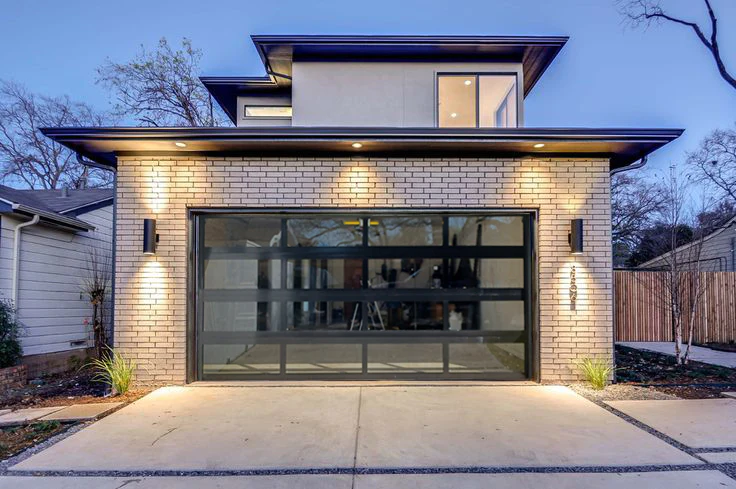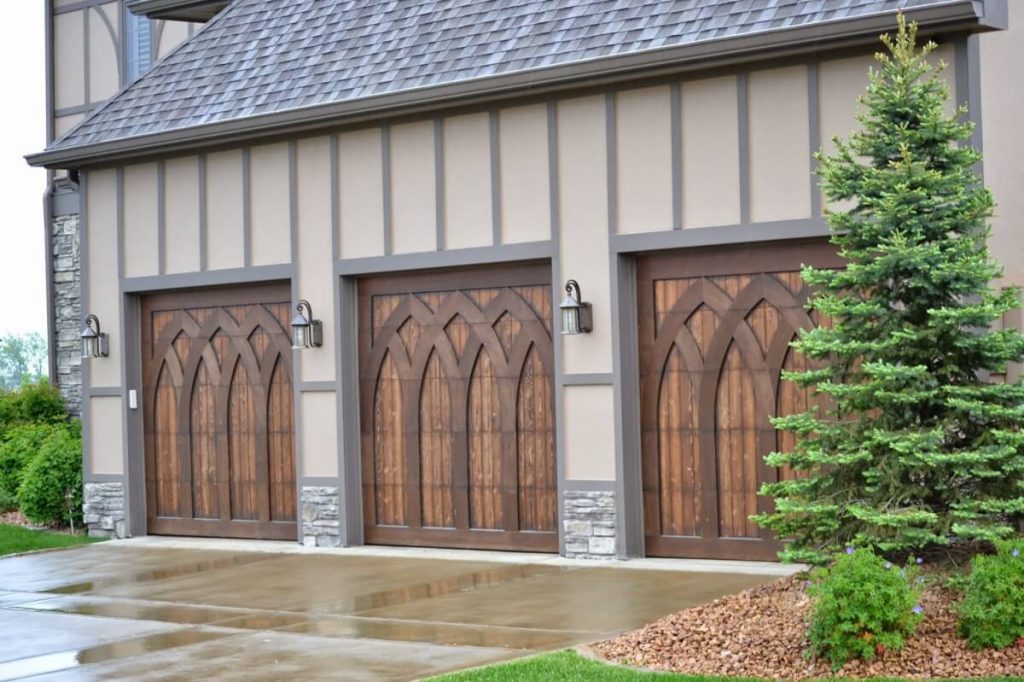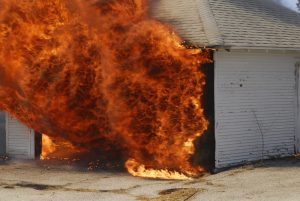Garage Fire Inspection Tips for Homeowners
In most cases, the garage is a physical extension of your home that’s separated only by an interior door. Yet, other than taking extra precautions with chemicals and buying a fire extinguisher, many don’t think that much about fire safety in the garage. There are a few tweaks that will limit fire damage between the home and garage, reducing the chances of needing major home and garage repair in Las Vegas.
How Strong Are Your Buffers?
While nothing can completely stop a fire from spreading from the garage to the home or vice-versa, fire barriers can minimize the impact. Many builders recommend fire-safe drywall installation between the home and garage that’s at least 5/8 of an inch thick. However, make sure that the seams are taped and finished for maximum protection.
Fire-Proofing Your Access Points
Fire safety in the garage includes doors and windows as much as any other part of the construction. The interior door between the home and garage should be constructed of fire-proof metal. It should also remain closed at all times. If you have an attic or crawl space above your garage, make sure that it’s covered with fire-proof material as well. There are many exterior garage doors that are made from fire-resistant materials; look into replacing your if it isn’t.
Vents and Electrical Outlets
One of the biggest safety concerns is electricity. If your garage was an addition or it’s an older structure, make sure that the electrical circuits are up to code. You can also purchase a small electrical outlet tester that has a built-in GFCI trip button. This will close the circuit to the outlet immediately.
Many people install laundry facilities and heaters in the garage. If you do add such amenities, make sure that the vents and ventilation systems lead outdoors and not into the house. It’s one of the surest ways to prevent carbon monoxide from seeping into your home. Never start your car inside the garage unless the exterior door is fully open, either.
Common sense should tell you not to store rags that are soaked in flammable liquids in a closed space like the garage. Launder them or dispose of them according to safety guidelines. Any flammable liquids should also remain in their original container, which is likely manufactured to meet safety standards.






